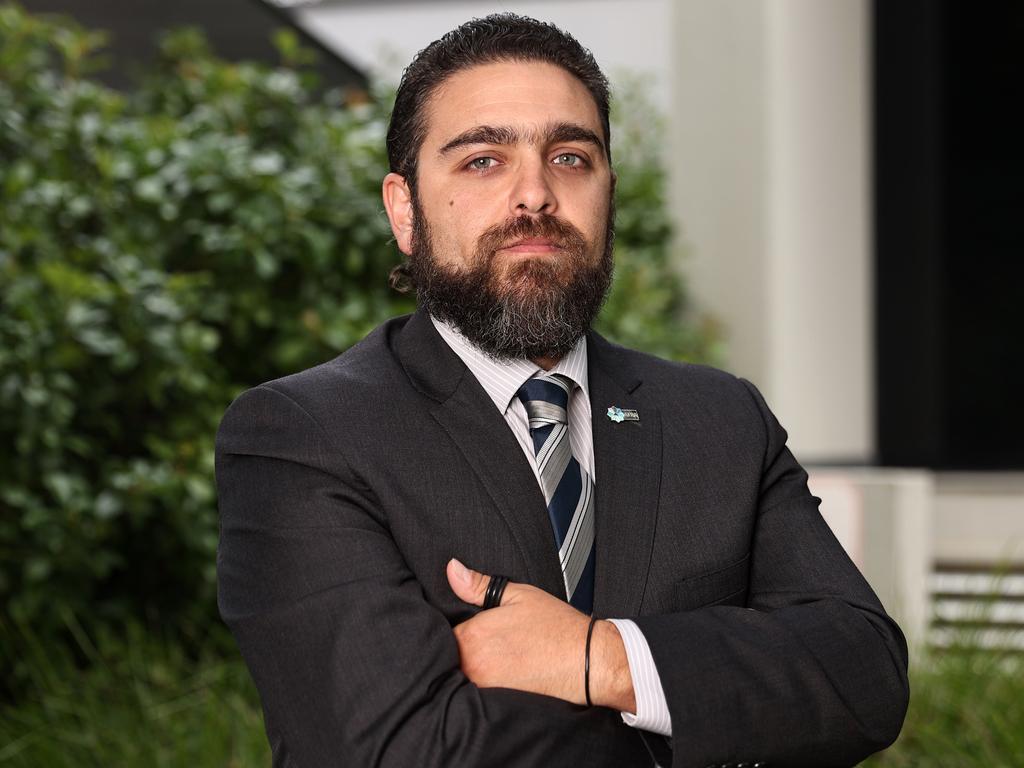National anti-corruption commission set to pass parliament by Christmas
Australia’s first NACC is set to be signed off before 2023 despite integrity campaigners’ moves to remove the ‘exceptional circumstances’ public hearings test.

Federal parliament is set to sign off on Australia’s first national anti-corruption commission by year’s end, after the multi-party committee scrutinising the legislation reached consensus and stuck to the controversial “exceptional circumstances” public hearings test.
The report, which made six recommendations, paves the way for the wide-reaching NACC to be operational in mid-2023 as government, opposition and crossbench MPs conceded they would support the new body when it was voted on in the lower and upper houses later this month.
The Joint Standing Committee on National Anti-Corruption Commission Legislation kept the bill’s provision to hold public hearings when there are “exceptional circumstances” and it is in the public interest to do so, despite fierce resistance from the Greens and crossbenchers.

Independent MP Helen Haines, who was deputy chair of the committee, and Greens Senator David Shoebridge will attempt to amend the bill to remove the “exceptional circumstances” test but would ultimately back the NACC if they were defeated.
“We heard from former judges, from current and former ICAC commissioners, from some of the most senior academics and transparency advocates in the country and they all said the exceptional circumstances test should be removed,” Senator Shoebridge, the Greens’ justice spokesman, said.
“We should be allowing more public hearings for the very good reason that sunlight is a bloody good disinfectant when it comes to corruption.”
Attorney-General Mark Dreyfus - who rejected any deal being clinched to pass the bill - said leaving it to the commissioner to decide whether to hold public hearings was appropriate.
“This unanimous report of a committee of both houses of the parliament, containing as it does government, opposition and crossbench members … gives us the best possible basis for thinking that we can get this bill through the parliament this year with overwhelming support,” he said.
In a win for the Coalition, the committee agreed to tighten the definition of “corrupt conduct” that can be investigated by the NACC.
It recommended removing the clause that states the commission can look at “any conduct of a public official in that capacity that constitutes, involves or is engaged in for the purpose of corruption of any other kind”.
Coalition MPs were concerned the provision gave the commissioner unnecessarily broad discretion as to what constituted corrupt conduct.
The committee also recommended the independent inspector overseeing the NACC have their remit expanded so they can proactively audit and review the commission’s use of coercive powers.

Witnesses and persons of interest would be permitted to disclose information about the investigation to a medical practitioner or psychologist, in a bid to prevent harm to a person and offer them support.
And the commissioner would also be required to advise a person of the outcome of a corruption investigation if they formed the opinion or made a finding that the person had not engaged in corrupt conduct.
Safeguards for journalists would be strengthened to expressly extend the protection of journalists’ sources to all staff within a news organisation with knowledge of an informant’s identity.
The committee also wants it made clear in the bill the commissioner can deal with a corruption issue “on their own initiative”.
“We’ve had 10 years of deliberation over this bill,” Dr Haines said. “We’ve undertaken a very quick but thorough inquiry and I think it’s entirely reasonable now to bring this to debate and pass this bill through both houses.”
Opposition legal affairs spokesman Julian Leeser said the Coalition would attempt to make further amendments, including that union officials would not be exempt from scrutiny when exercising powers under Commonwealth law.
“The NACC applies to a broad range of Australians, it’s not just parliamentarians and Canberra public servants, but also ADF, AFP, NDIS and aged care workers, any contractor or subcontractor or person working under a power under a law of the Commonwealth,” Mr Leeser said.
“How is it that John Setka wouldn’t have to answer to this but NDIS workers around the country would? The government has been dodgy in denying there is a carveout for unions. It’s there in black and white in sections 12 and 14 (of the bill).”






To join the conversation, please log in. Don't have an account? Register
Join the conversation, you are commenting as Logout